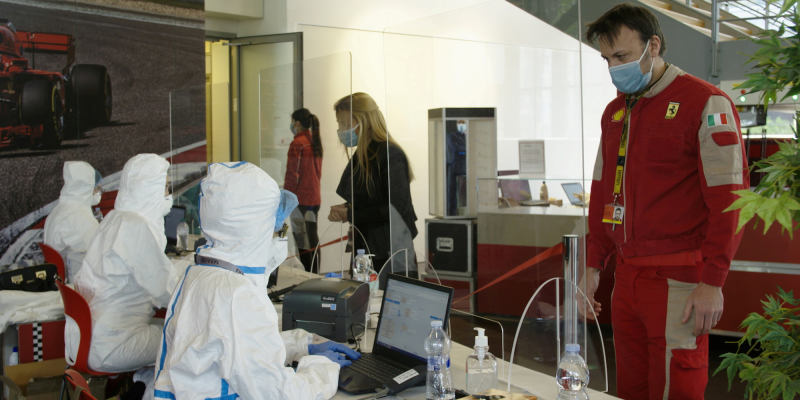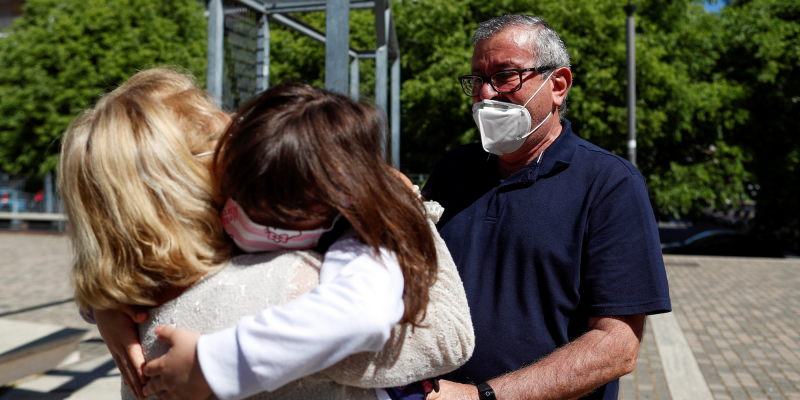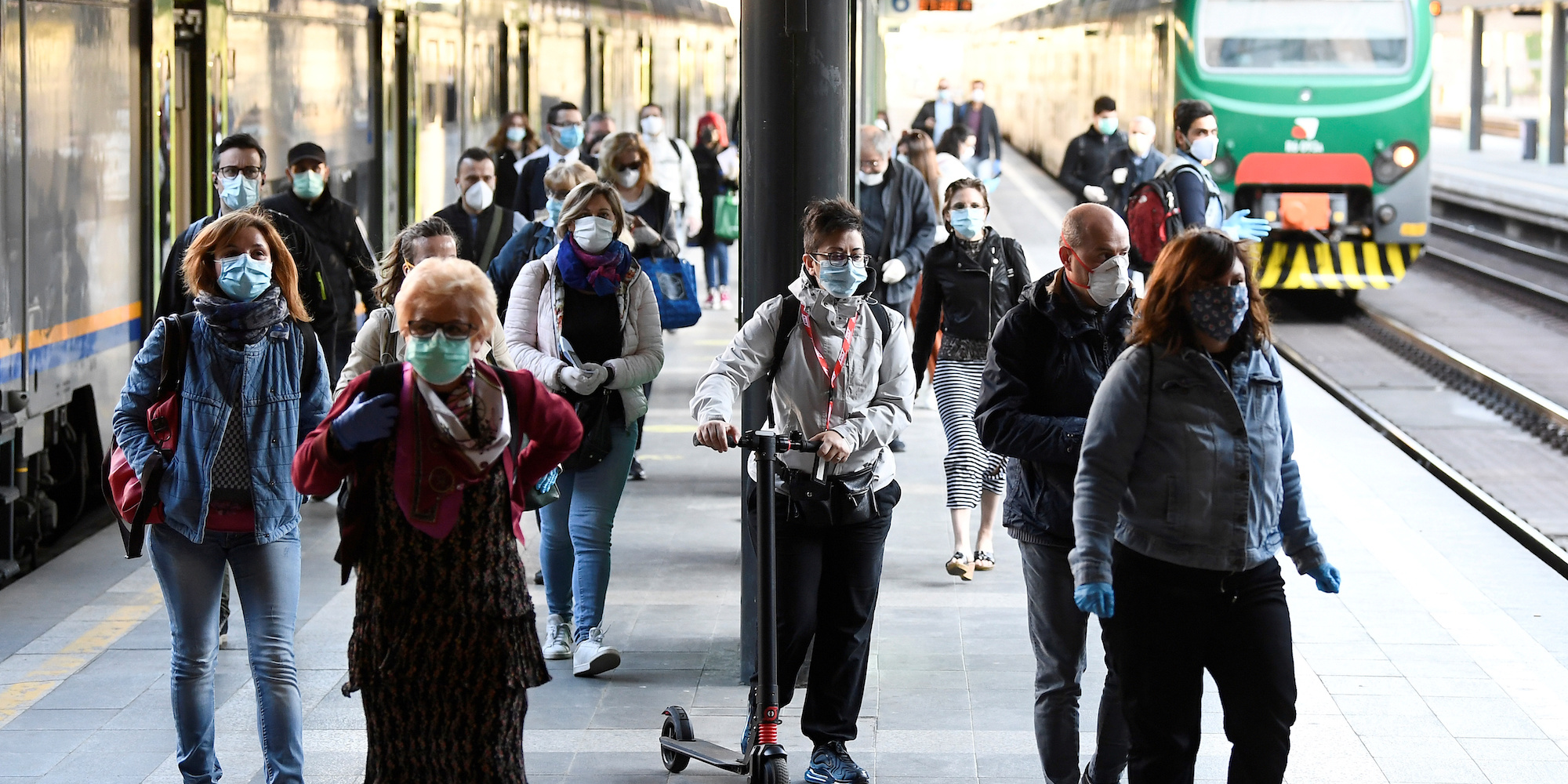- A new report from Imperial College London has estimated that the country could see a huge second wave of new coronavirus deaths under eased travel restraints.
- It came as Italy began to loosen its stringent lockdown and travel restrictions on Monday after reporting its lowest death toll from the coronavirus since its lockdown began in mid-March.
- The report, which examined different levels of easing mobility, said there could be as many as 18,000 new deaths if mobility increased by 40%.
- However, this estimate did not factor in measures like social distancing, contact tracing, isolation of infected people, and testing, so researchers called this a “pessimistic” scenario.
- Visit Business Insider’s homepage for more stories.
A new report has warned that loosening lockdown travel restrictions in Italy could lead to a huge second wave of as many as 18,000 new coronavirus deaths.
The report from Imperial College London, published Monday, came on the same day Italy entered its “Phase 2” lockdown plan, which eases restrictions that had been in place since March 10.
The country is one of the world’s worst-hit by the virus, and has reported more than 29,000 deaths.
In the report, researchers said that even a partial increase in mobility in Italy could cause a second wave of deaths within eight weeks. It’s worth noting, however, that this does not factor in measures like social distancing or isolating of infected people.

The researchers modeled scenarios where mobility was increased by 20%, 40%, or not at all. They quantified these percentages by increasing the rate of visits to places like public transport stations, shops, workplaces, and recreation facilities.
Using mobility as "a proxy for changes in behavior," the researchers compared an estimated number of new deaths prevented by Italy's lockdown with the potential impact of relaxing it.
Under the 20% scenario, the researchers estimated the total number of excess deaths to be between 3,000 and 5,000, and under the 40% scenario the total number of excess deaths would be between 10,000 and 23,000.
They added that the "point estimate" - the most likely figure out of a range - number of deaths was 18,000 for the 40% scenario. For the 20% scenario, the number came to 3,700.
However, the study noted that this was a "pessimistic" estimate as it does not factor in measures such as social distancing, testing, contact tracing, or isolating of infected people, all of which are likely to continue.

The report is sobering for a country that has only just been allowed limited travel for the first time in eight weeks.
On Monday, travel within the same region - to see relatives only - was allowed, and 4.5 million people returned to their workplaces, mostly in factories.
The country has seen an ongoing decline in new cases and on Sunday reported its lowest death toll - 174 - since the lockdown began in mid-March.
The researchers added that there would be a lag between the relaxing of travel restrictions and a second wave, as time would pass before the infection rate increased again.
"A second wave will not be immediately apparent from just monitoring of the daily number of deaths," they wrote.
Prime Minister Giuseppe Conte warned in a Facebook post on Sunday - the day before the lockdown was eased - that this is not a moment to relax. "A phase of coexistence with the virus begins, responsibility is needed," he wrote.
One of the authors of the Imperial College London report was Neil Ferguson, the British epidemiologist whose research prompted the UK to abandon its original "herd immunity" coronavirus strategy and helped persuade President Donald Trump to take the outbreak more seriously.
